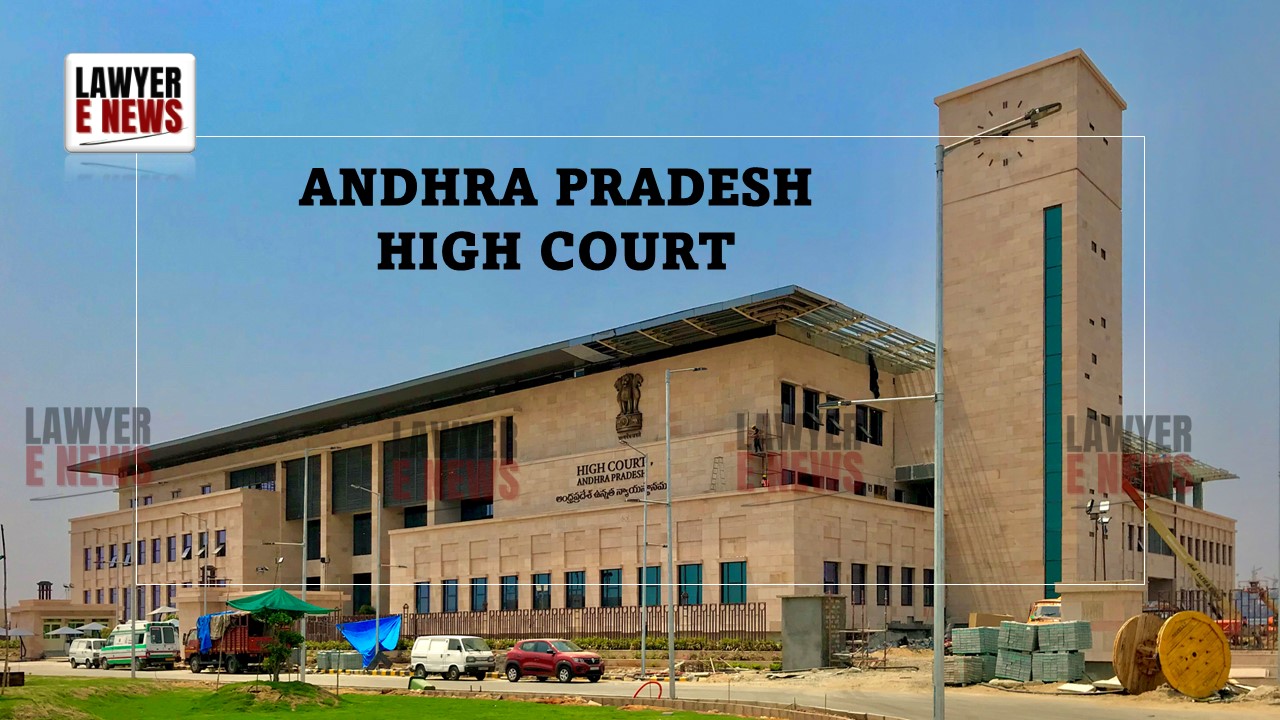-
by Admin
15 February 2026 5:35 AM



Andhra Pradesh High Court allowed a husband's appeal, granting divorce based on desertion and mental cruelty under Section 13(1)(ia) of the Hindu Marriage Act, 1955. The Court overturned the Senior Civil Judge, Proddatur's earlier decision dismissing the divorce petition, holding that prolonged separation and a breakdown of the matrimonial relationship constituted cruelty.
The appellant-husband, Sri Hanchate Suresh Babu, sought divorce from the respondent-wife, Smt. Hanchate Latha Bhai, on grounds of desertion and mental cruelty. The marriage, solemnized in 1994, faced troubles after six months, leading to sporadic reconciliation attempts and the eventual separation in 2002. Despite mediation efforts, the parties lived apart for over two decades, with each taking responsibility for one of their two children.
The trial court dismissed the divorce petition, holding that the husband failed to establish cruelty and that the wife's separation was justified by the husband's alleged suspicion of her character.
The Court noted the absence of corroborative evidence to support the wife's claim that the husband suspected her character. Justice Ravi Nath Tilhari observed:
"In the absence of corroborative evidence, the wife's claim of justified separation cannot be sustained. The husband's testimony, corroborated by the long-standing separation, establishes desertion by the wife."
Drawing from Samar Ghosh v. Jaya Ghosh and Rakesh Raman v. Kavita, the Court emphasized that long periods of separation and irreparable breakdown of the marital bond amount to mental cruelty. It stated:
"The prolonged absence of cohabitation, bitterness, and lack of reconciliation efforts over 24 years are sufficient to establish mental cruelty under Section 13(1)(ia)."
While irretrievable breakdown is not a standalone ground for divorce under Indian law, the Court recognized it as a critical factor when coupled with cruelty and desertion. It remarked:
"The marriage has been reduced to a legal fiction, serving no purpose but perpetuating emotional distress on both parties."
The Court clarified that the burden of proof in matrimonial cases is discharged based on a preponderance of probabilities rather than beyond a reasonable doubt. It criticized the trial court for demanding excessive corroboration, holding:
"A reasonable appraisal of evidence on record confirms the appellant's claims of cruelty and desertion."
The Andhra Pradesh High Court set aside the trial court’s judgment, granting a decree of divorce and dissolving the marriage. It concluded:
"The marriage no longer survives except as a legal tie. To insist on its continuation is to ignore the reality of an irreparable breakdown."
This decision reinforces evolving judicial recognition of mental cruelty and irreparable marital breakdown in Indian matrimonial jurisprudence, offering relief to estranged couples in prolonged separations.
Date of Decision: October 25, 2024
